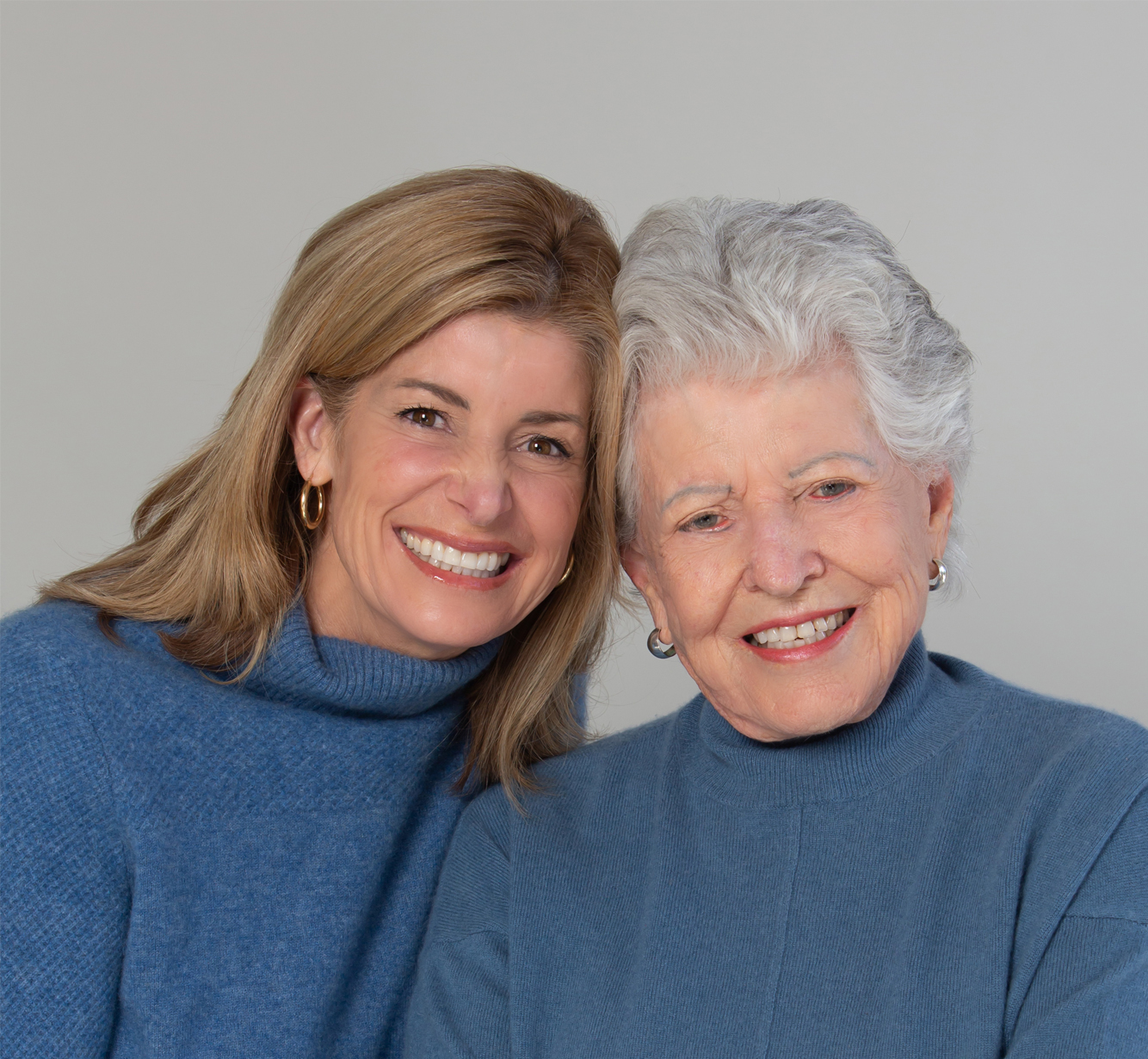They lean in to me, her “gerontologist daughter”, to divulge some supplement or diet plan that’s enabled her to avoid acute and chronic health conditions. Nope. Betty lives with congestive heart failure, hypertension, and painful arthritis.
“Does she still have her husband?”
“ Was she always financially secure and lucky with her kids?”
Again I disappoint them, with No and No. Her husband passed 14 years ago, she went through bankruptcy and the journey of my brother’s leukemia. For Betty, as with millions of older adults across the globe, well isn’t a clean bill of health nor a life free of challenges. Well is about something just as important, it is how we feel.
How we feel impacts how we age.
Feeling crummy emotionally impacts how genes are expressed. For example, people who feel lonely have reduced antiviral response and increased inflammation. Inflammation promotes the growth of cancer cells and the development of plaque in the arteries. It leads to the disabling of brain cells, which raises susceptibility to neurodegenerative disease[i].
Is the opposite true? Does feeling good emotionally impact how genes are expressed?
To answer this question, researchers asked people questions about how they were feeling. The questions covered two types of positive emotional states:
(1) how happy/satisfied people felt; and (2) how much purpose and meaning they felt.
The results were surprising, in fact, lead researcher, Steven Cole, PhD of UCLA, said,
“I was rather startled.”
Here’s what they found: it was not how happy the participants felt that impacted gene expression, it was the extent to which people felt their life had a sense of direction and purpose. People with higher feelings of purpose showed the opposite gene profile of those suffering from loneliness. Genetically, inflammation was down and antiviral response was up.
These findings have been repeated again and again[ii]. The effect sizes that are being found indicate that lacking purpose can be as damaging as smoking or obesity[iii]. Let me say that again. Feeling like you don’t have a “why” in your life is as bad for you as the big killers of smoking or obesity!
This is not to say that being happy doesn’t matter, of course, it does. People who feel a sense of mission, and engagement with life, tend to also experience happiness. But not all the time. No one is happy all the time. Feeling like you have a reason to be, that’s the biggie.
Purpose is not some big lofty thing like finding the cure for cancer. It is seeing what you have to offer and giving it. Mother Teresa clarifies, “There are no great things, such small things with great love”.
As for Betty,
"What gets me out of bed each day? I just always have something I want to do: A letter to a friend to write; something to attend to around the house; my gratitude journal; lemons to pick; little videos to make with kerry; phone calls to my friends, kids, grandkids, and great grandkids; birthdays to remember; and don't even get me started on planning on Christmas Eve at my house."
Growing older is falsely portrayed like a line graph slanting down, down, down. It doesn't have to be, with intention, the trajectory of our inner lives can arch up. We can bend it, like Betty.
With love,
Dr. Kerry
[i]Cacioppo and Cole, 2007
[ii]Kim, 2019; Steptoe, 2019; Cohen, 2019; Chen, 2019; Sutin, 2019; Kim 2023.
[iii] Stor, Will (2016) A Better Happiness. The New Yorker. July 7, 2016.
